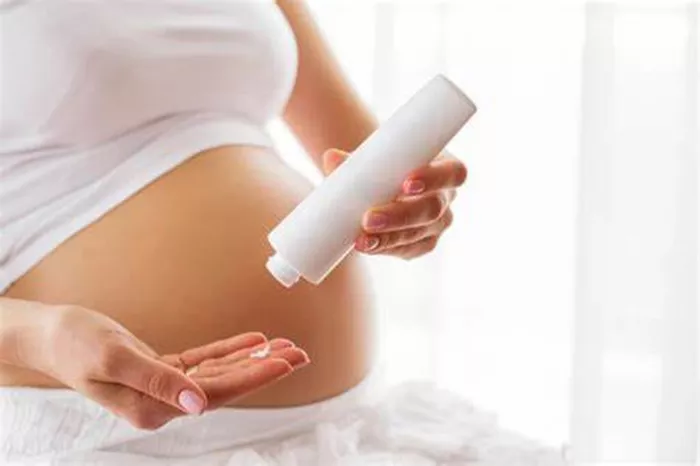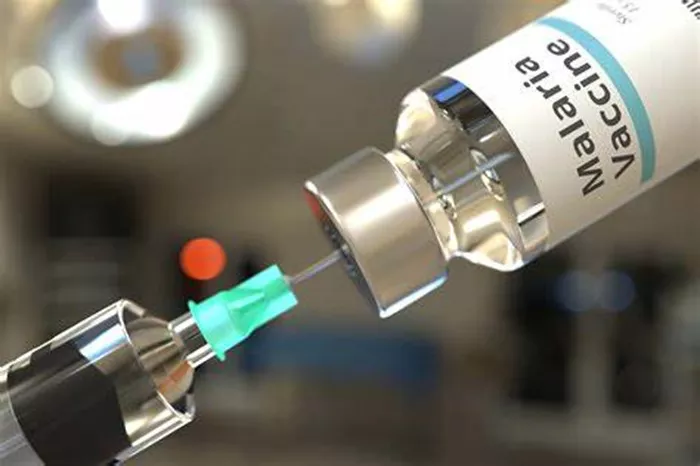A recent multi-institutional study has raised concerns about the safety of everyday skincare and haircare products for pregnant women, revealing potential risks to both maternal and fetal health. Published on Wednesday in Environmental Health Perspectives, the study highlights that exposure to chemicals such as phenols and parabens, commonly found in products like body lotions, shampoos, and sunscreens, may significantly increase the risk of hypertension and other complications during pregnancy.
Conducted by researchers from Emory University, Northeastern University, and the University of Michigan, the study discovered that these chemicals could contribute to gestational hypertension, which can lead to serious outcomes like restricted fetal growth, low birth weight, and preterm birth. Additionally, these complications can result in dangerous maternal health conditions such as preeclampsia or even stroke, and have long-term health implications including heightened risks of diabetes and heart disease.
“These findings underscore the significant impact that chemicals in everyday consumer products can have on pregnancy outcomes,” said Dr. Stephanie Eick, the study’s senior author and an assistant professor at Emory’s Rollins School of Public Health. “We observed that higher levels of these chemicals are linked to adverse pregnancy outcomes, including premature delivery and lower birth weights.”
Eick further emphasized the importance of regulating these chemicals as a class, rather than individually, due to the compounded effects of simultaneous exposure to multiple chemicals. “Given that we’re exposed to various chemicals at the same time, it’s crucial for public health to focus on limiting exposure as much as possible,” she added.
The study, titled “Association of Phenols, Parabens, and Their Mixture with Maternal Blood Pressure Measurements in the PROTECT Cohort,” is the most extensive of its kind. It involved over 1,000 pregnant women in northern Puerto Rico, participants in the PROTECT Cohort, which examines environmental chemical exposure and its impact on maternal and child health.
Lead author Dr. Julia Varshavsky, an assistant professor at Northeastern University, highlighted the vulnerability of the study’s participants. “These everyday products, which are generally considered safe, may actually pose significant risks to both mothers and their babies during pregnancy,” Varshavsky stated. “We found that the combined effect of phenol and paraben mixtures increased the risk of hypertension during pregnancy, particularly among women in Puerto Rico who already face disproportionate exposure to toxic chemicals, poverty, and climate-related challenges.”
This study’s findings reinforce the need for greater scrutiny and regulation of the chemicals found in everyday consumer products, particularly those used by pregnant women, to safeguard maternal and child health.
[inline_related_posts title=”You Might Be Interested In” title_align=”left” style=”list” number=”6″ align=”none” ids=”11301,773,11412″ by=”categories” orderby=”rand” order=”DESC” hide_thumb=”no” thumb_right=”no” views=”no” date=”yes” grid_columns=”2″ post_type=”” tax=””]


































